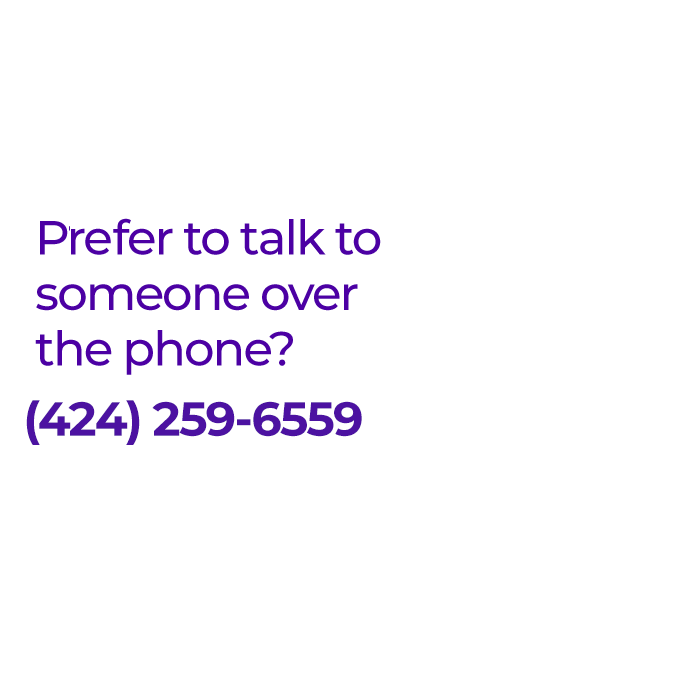Patients with obstructive sleep apnea often snore, but there is a large group of patients who snore but have no obstructive sleep apnea. The prevailing wisdom is that snoring without obstructive sleep apnea is not harmful, other than waking up others (and maybe the snorer, whether from sharp elbows coming from those sharing their bed or perhaps from the snoring sound itself, as outlined in a recent study discussed on another blog entry).
However, the scientific evidence is not as clear as one might think. To address this question important for snorers and those who treat them, Dr. Jolie Chang from the University of California, San Francisco Department of Otolaryngology–Head and Neck Surgery and me presented the evidence in an article in the June 2013 issue of the medical journal Laryngoscope. It turns out that our review was especially timely, as it was examined in a study published earlier this year. This study suggested that snoring without sleep apnea is not associated with mortality, but it had a fundamental problem–the group of people in the study was too small to answer the question properly–which we pointed out in a published letter to the editor.
The prevailing wisdom about snoring is based on relatively little evidence
It turns out that there are few good studies showing that snoring without OSA does not have health consequences. The main one is a Spanish multicenter study suggesting that snoring without OSA was not associated with cardiovascular events (heart attack or stroke) over a 10-year period. Drs. Peter Rothwell and John Stradling and their group at the University of Oxford examined 561 individuals with a recent stroke or transient ischemic attack (short stroke-like event) and showed no association between the amount of narrowing of the carotid arteries (a risk factor for stroke) and their reports of how often they snored. A major limitation of both studies is their reliance on someone’s self-report of their snoring, which may not be the best way to address the question. There is indirect evidence, in that many studies show that health consequences are substantial for severe obstructive sleep apnea and much less so for mild to moderate sleep apnea. The implication is that snoring without sleep apnea is even less dramatic than mild sleep apnea, which may certainly be true.
Maybe we do not know as much about the risks of snoring as we think…
Dr. John Wheatley and colleagues at the Westmead Millenium Institute for Medical Research in Sydney were the first to provide question the benign nature of snoring without sleep apnea. They examined a group of 110 individuals with snoring and no sleep apnea and showed that those with severe snoring (snoring > 50% of the night) also had thickening of the walls of their carotid arteries in their neck but not their femoral arteries in their legs. Although the extent of carotid artery wall thickening did not place them in a high-risk group for complications like cerebrovascular accident (stroke), this work suggested that the changes may occur because of the transmission of the vibrations of snoring in the throat to the neck (affecting the carotid arteries) that are not transmitted to the legs (femoral arteries). Additional research with careful studies in rabbits and rats suggesting that vibration trauma may be the cause of these changes.
Dr. Scott Brietzke and colleagues from Walter Reed Army Medical Center examined data from a large database of patients undergoing home sleep studies. They took the interesting approach of including all patients, even those with sleep apnea. They showed that mortality was statistically associated with certain types of snoring, more so than with the common measure of obstructive sleep apnea (the apnea-hypopnea index). The implication may be that the snoring may be more important than the blockages of breathing in sleep apnea. There also was an association between mortality and snoring in those without sleep apnea who were also not obese; the association did not hold in a number of other subgroups. This study is intriguing but has its own limitations, namely that it did not include information about important medical conditions.
So what are the health risks of snoring without obstructive sleep apnea?
Based on the available studies, the only thing we do know is that we should not be so quick to dismiss the health effects of snoring. There is not enough proof to treat snoring with the same medical concern as for obstructive sleep apnea. The difficulty is that there are no good standardized measures of snoring, certainly not with in-laboratory sleep studies that are much more focused on sleep apnea and other sleep disorders. Further research in this area will require objective measurement of snoring that is currently only available with certain home sleep study technologies, suggesting a possible role for research with these technologies.




Steven Wu says:
Hi, Eric:
Thank you for sharing this very interesting topic and comments, I think Snore Map from Prof. HY Li may offer a good standardized measure of snoring and which home sleep study you mentioned can provide objective measure of snoring? Is it Watchpat?